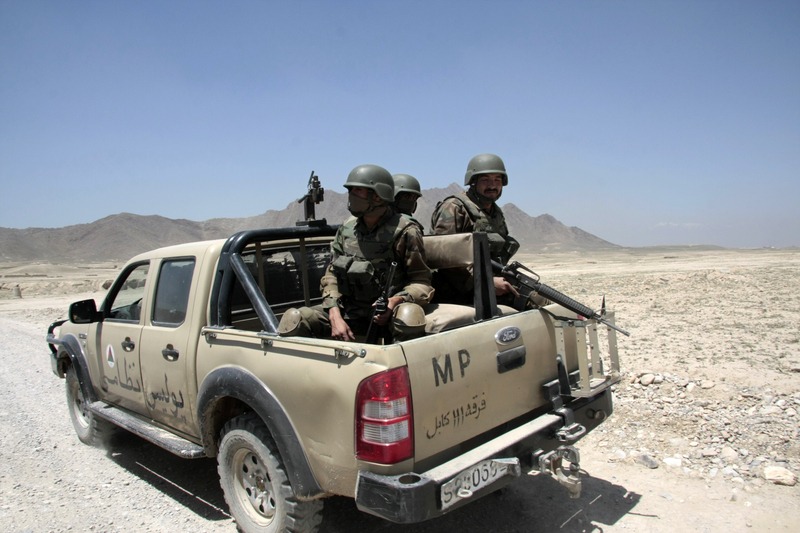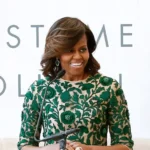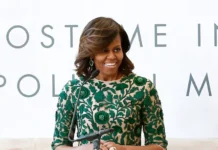On April 9, 2024, Iran’s volatile Sistan and Baluchistan province, bordering Afghanistan and Pakistan, was rocked by a deadly attack. A police convoy was ambushed, resulting in the death of six officers and leaving two wounded. This unexpected assault has emphasized the escalating security crisis in the region.
The attackers, identified by the state-associated Young Journalists Club, are members of the Jaish al-Adl militant group. Known for their battle for the rights of the ethnic Baluch minority, they executed this attack with deadly accuracy. The group’s activities have been deemed terrorist acts by Iran and several other countries.
This attack is not a singular event but part of an ongoing pattern of violence against security forces in the province. Just weeks before, a similar assault resulted in the deaths of 10 Iranian troops and 18 militants. Several more individuals later succumbed to their injuries.
The Jaish ul-Adl, or “Army of Justice,” is a Sunni Islamic and Baluchi separatist group mainly active in this region. They have claimed responsibility for a number of attacks on Iran’s military forces. The group is currently led by Salahuddin Farooqui, following the death of his brother, Amir Naroui, at the hands of the Taliban in Afghanistan.
Jaish ul-Adl has ties with Ansar Al-Furqan, another Baloch militant group active within Iran. Sistan and Baluchistan, one of Iran’s poorest regions, is not just the scene of these conflicts but also deeply affected by them. The residents, mainly Sunni Muslims, often find themselves in conflict with Iran’s Shiite regime, leading to unrest and dissatisfaction.
Due to their strategic location bordering Afghanistan and Pakistan, Sistan and Baluchistan often become the battleground for deadly encounters involving militants, armed drug traffickers, and Iranian security forces. An affiliated website of Iran’s state broadcasting company reported the group’s claim of responsibility for the recent attack.
The residents of the province are caught in the crossfire of these conflicts, leading to an unstable and uncertain existence. The lack of development in the province and the strained relations between its Sunni residents and the Shiite-led government have created a conducive environment for radicalization and resentment.











